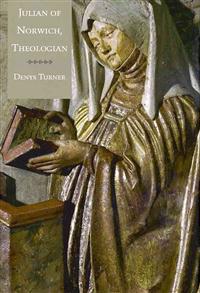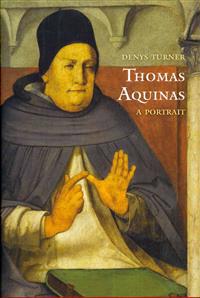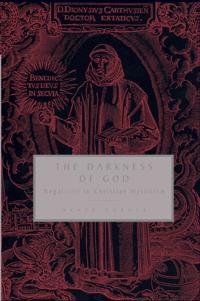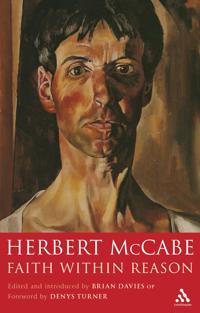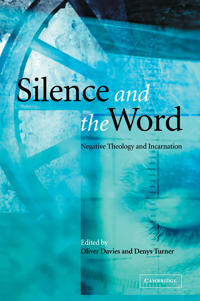Julian of Norwich, Theologian (Inbunden)
avDenys Turner
ISBN: 9780300163919 - UTGIVEN: 201104For centuries readers have comfortably adopted Julian of Norwich as simply a mystic. In this astute book, Denys Turner remedies this misapprehension, offering a sensitive new interpretation of Julian and the significance of her work. Turner argues that this fourteenth-century thinker's sophisticated[...]
Thomas Aquinas (Inbunden)
avDenys Turner
ISBN: 9780300188554 - UTGIVEN: 201306Leaving so few traces of himself behind, Thomas Aquinas seems to defy the efforts of the biographer. Highly visible as a public teacher, preacher, and theologian, he nevertheless has remained nearly invisible as man and saint. What can be discovered about this man, his mind, and his soul? In this sh[...]
Thomas Aquinas (Häftad)
avDenys Turner
ISBN: 9780300205947 - UTGIVEN: 2014-07Leaving so few traces of himself behind, Thomas Aquinas seems to defy the efforts of the biographer. Highly visible as a public teacher, preacher and theologian, he nevertheless has remained nearly invisible as man and saint. What can be discovered about this man, his mind, and his soul? In this sho[...]
The Darkness of God (Häftad)
avDenys Turner
ISBN: 9780521645614 - UTGIVEN: 199811For the medieval mystical tradition, the Christian soul meets God in a âcloud of unknowingâ, a divine darkness of ignorance. This meeting with God is beyond all knowing and beyond all experiencing. Mysticisms of the modern period, on the contrary, place âmystical experienceâ at t[...]
Faith within Reason (Häftad)
avHerbert McCabe, Brian Davies, Denys Turner
ISBN: 9780826495471 - UTGIVEN: 2007-01Is it possible to think about religious beliefs philosophically? Should religious beliefs be viewed as a flight from reason or as capable of rational support? Can theologians learn from philosophers? Can philosophers learn from theologians? Is it possible to be both a good Christian and a good think[...]
Silence and the Word (Pocket)
avOliver (EDT) Davies, Denys (EDT) Turner, Oliver (EDT) Davies
ISBN: 9780521067393 - UTGIVEN: 2008-06Negative theology or apophasis - the idea that God is best identified in terms of 'absence', 'otherness', 'difference' - has been influential in modern Christian thought, resonating as it does with secular notions of negation developed in continental philosophy. Apophasis also has a strong intellec[...]

